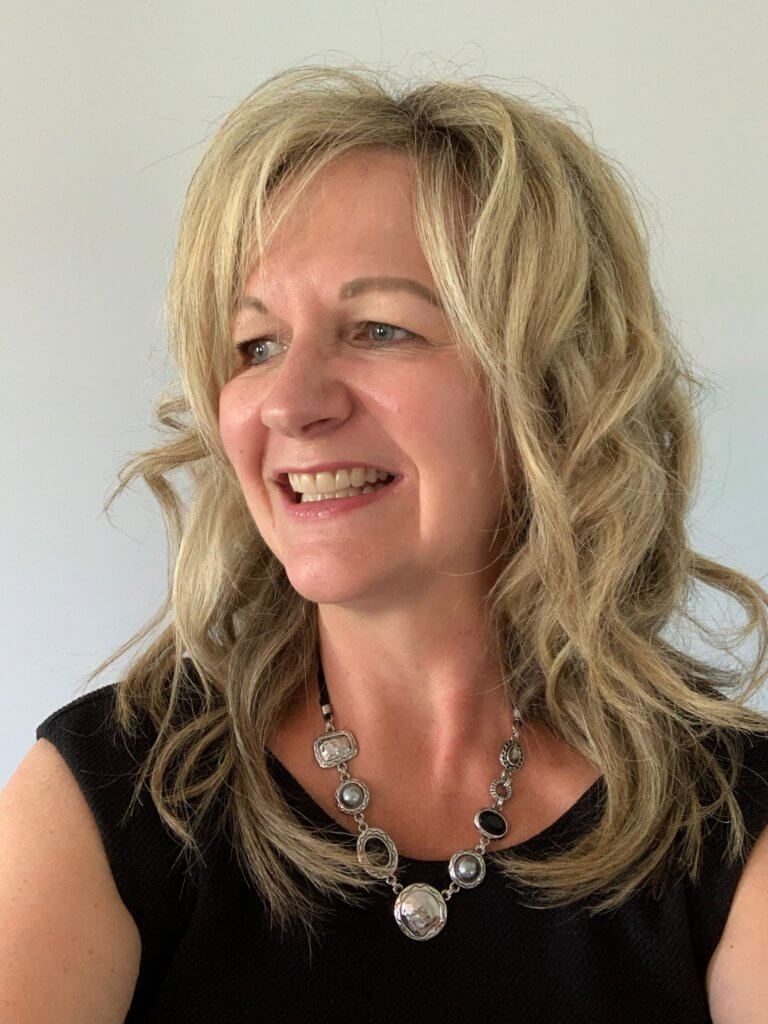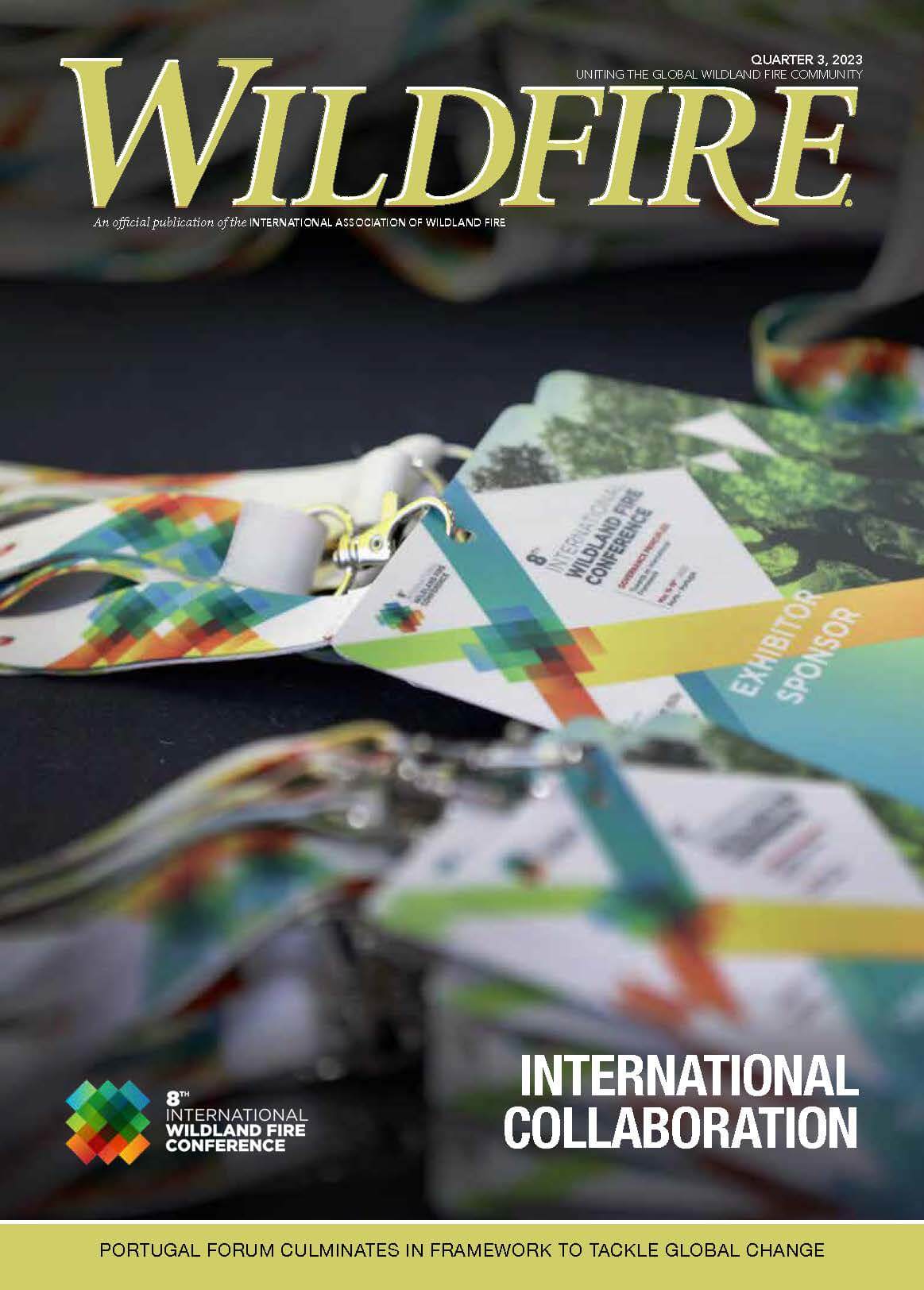Including diversity

You’ll see, in this issue, that we’re “flagging” each story with a word or phrase – Research, Policy, or Training, for example. These flags represent topics or issues of interest identified by IAWF members in our survey a few months back.
It’s important to us that we produce stories and opinion pieces that represent the membership and the issues that are relevant around the globe.
Fortunately, we have a wealth of such stories from which to choose, following the 16th Wildland Fire Safety Summit | 6th Human Dimensions of Wildland Fire Conference in May, and we’ll do our best to produce articles based on keynotes and other sessions over the next year.
If you missed the conference address by former Spanish president Felipe Gonzalez, we’ve produced an edited (for length and clarity) version on page 16. Gonzalez’s passion for policy change to prevention from suppression is clear, but it’s not yet clear how to achieve the change – or if it will be achieved.
The membership survey indicated that diversity, equity, and inclusion are important, and that readers want coverage of DEI within the wildland fire sector.
When I interviewed Jane Park, a fire and vegetation management specialist with Parks Canada for our Fired up feature (page 28), I expected to talk about prescribed burns and Canada’s worsening wildfire situation, but the conversation meandered, and we got into the weeds about diversity – or lack thereof.
Park is well known in Canadian wildland circles; her Master’s of science in forest ecology led her to Parks Canada 20 years ago as a warden in Banff. Park spent time in northern Canada and the west coast from 2006 to 2011 before returning to Alberta and the mountains. Now, she’s a familiar face and voice in the science and social-media worlds as an advocate for women and people of colour in fire management, yet on the ground, it’s a different story.
“I’ll attend meetings as the incident commander with my operations section chief, who’s male,” Park says, “and everything will be directed at him and not me . . .
“As an incident commander and on incident management teams, I don’t see people who look like me as my peers, or in many of the operational settings,” Park says. “And it is a deterrent.”
A deterrent to recruitment, primarily, and with already stretched resources and a challenging couple of years as agencies navigated hiring and training during COVID-19, diversity may have dropped a few notches on the scale of initiatives, despite support from agency management.
Which leads me to our cover story, about Juliet Crew, the first and only all-female firefighting team in South Africa. The first-person narrative on page 18, by crew leader Kylie Paul is a testament to the grit of the crew and the available training.
The majority of the crew members are the breadwinners for their families and two are single mothers.
Juliet Crew deployed over three separate operational periods in March 2021, each a minimum of 24 hours. Paul details each deployment in her story, and the difficult conditions under which the crew worked.
We’d like to hear what you think about these stories, and the others, in this issue, and what’s going on in your regions in regard to diversity, equity and inclusion.
Our Member Voices section, on page 10, provides a space for members to share feedback and ideas. Please do!
